Part of an occasional series answering readers’ questions about Maine.
Why is Portland’s airport called a jetport and why is it known by the letters PWM?
It’s a name that recalls “The Jetsons,” the jazzy 1960s animated TV show about an outer-space family with a talking dog and a beeping robot maid.

Named more than 50 years ago, Portland International Jetport might sound a bit cute today, when most other flight facilities are called airports.
The name has proven durable, however, surviving a short-lived, politically controversial change in 1982, and it hasn’t stymied growth any. The jetport underwent a series of major expansions through the early 2000s and served a record-breaking 2.18 million passengers last year, with seasonal flights to Minneapolis, Dallas and Denver starting in June.
Plus, the name helps to set the jetport apart from Portland International Airport in Portland, Oregon.
“If you say jetport, people know you’re talking about Portland, Maine,” said jetport Director Paul Bradbury.
But the jetport clearly has some name-related issues, and they go beyond the use of the word jetport. Why is international in the name if it offers no direct foreign flights? And why are its code letters PWM?
The last question is easiest to answer.
PWM is the jetport’s geocode with the International Air Transportation Association. Three-letter airport codes were developed in the 1930s as a way for pilots to identify landing locations.
Back then it was the Portland Municipal Airport and the last beacon of its lighted airway was located in Westbrook, 10 miles to the west. So, PWM stands for Portland-Westbrook Municipal, Bradbury said.

Shown here in 1930s, the airstrip that became the Portland Municipal Airport and then the Jetport was created in the 1920s by a Portland dentist who was interested in aviation. It was known as the Stroudwater Flying Field. The airport was renamed the Portland Municipal Airport in the 1930s when the City of Portland purchased it. Portland Press Herald photo courtesy Portland Public Library Special Collections and Archives
Internationally, it’s known as KPWM, because the association recently added K to the geocodes of all U.S. airports.
But the Westbrook beacon is long gone, and no part of the 769-acre airport is actually in Westbrook. In fact, the southern half is in South Portland. To clear up any confusion, would it be possible to change the jetport’s geocode?
Not a chance, Bradbury said, because any change could cause international confusion and most, if not all, letter combinations have now been taken. PME, for instance, is Portsmouth, England, and POR is Pori, Finland. Portland, Oregon, is PDX.
PTL is assigned to the now-closed Port Armstrong Airport in Sitka, Alaska, so maybe those letters are available?
“The letters don’t necessarily mean anything,” Bradbury said, though he acknowledged that airlines now use them on tickets and flight listings, and PWM is incorporated into the jetport’s logo.
“It has become a branding aspect for most airports,” Bradbury said. “It’s how many people search for tickets online.”
But not every airport is lucky enough to have recognizable call letters like JFK, ATL and LAX, Bradbury said.
Chicago’s O’Hare International Airport is ORD because it was built in and initially named after a former farming village known as Orchard Place. Orlando International Airport is MCO because it used to be McCoy Air Force Base.
Portland Municipal Airport was renamed Portland International Jetport in April 1969, following a major runway expansion project and the opening of a new terminal building in 1968.
A news brief in the Maine Sunday Telegram didn’t make much of the change, reporting that Stephen Schmitt, the city’s director of aviation and public buildings, had “revealed” the new name on Saturday, April 26, 1969.
“‘For many years,’ Schmitt said, ‘customs and immigration services have been available at the airport, so the designation of ‘international’ will highlight to the aviation public that these services are available.'”
The name change also reflected the city’s desire to promote the idea that the airport now served jet planes. “Maine Joins The Jet Age” was the headline on an opinion column written in June 1968 by Richard Jones, district sales manager of the newly expanded Northeast Airlines.
“The opening of the new terminal building at Portland Municipal Airport, following soon after the completion of the runway extensions which permitted us to start the long-awaited DC-9 jet service here…will thrust Greater Portland firmly into the jet age,” Jones wrote.
While Portland wasn’t alone in having a jetport, other cities have since renamed their airfields from jetports to airports, such as Millington-Memphis Airport in Tennessee. Today, PWM is one of few jetports remaining in the United States, including one in Jacksonville, Florida, and four in North Carolina.
As for the jetport’s “international” standing, Bradbury acknowledged that past attempts to establish service to Canada and other foreign places have failed. However, he said, the jetport serves nearly 100,000 passengers annually on domestic flights connecting to international destinations, including Cancun, Toronto, Tokyo and London.
Bradbury, an engineer who has worked at the jetport for 28 years, said he knew of no recent attempts to change the jetport’s name. The last major effort went so badly.
The Portland City Council changed the name to Edmund S. Muskie International Airport on Feb. 1, 1982. The former U.S. senator from Maine, a Democrat, had recently retired from his post as U.S. secretary of state under President Jimmy Carter.
The political blowback was so intense, the council rescinded the name change before the end of the month, at Muskie’s urging.
“To my utter dismay, I now find my name caught up in an unpleasant controversy which has converted a gesture of goodwill into an empty honor,” Muskie wrote to the council. “I suppose I have been involved in politics long enough to have anticipated such a result. In any case, I want no part of it.”
Send questions/comments to the editors.


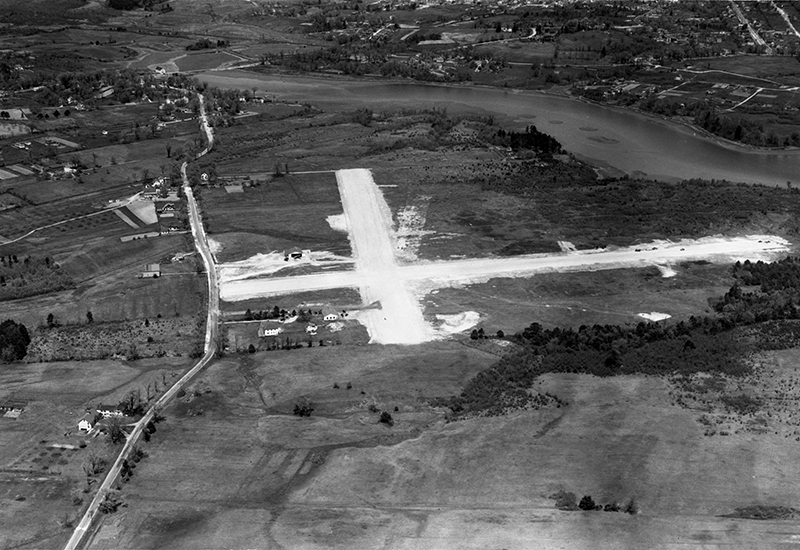

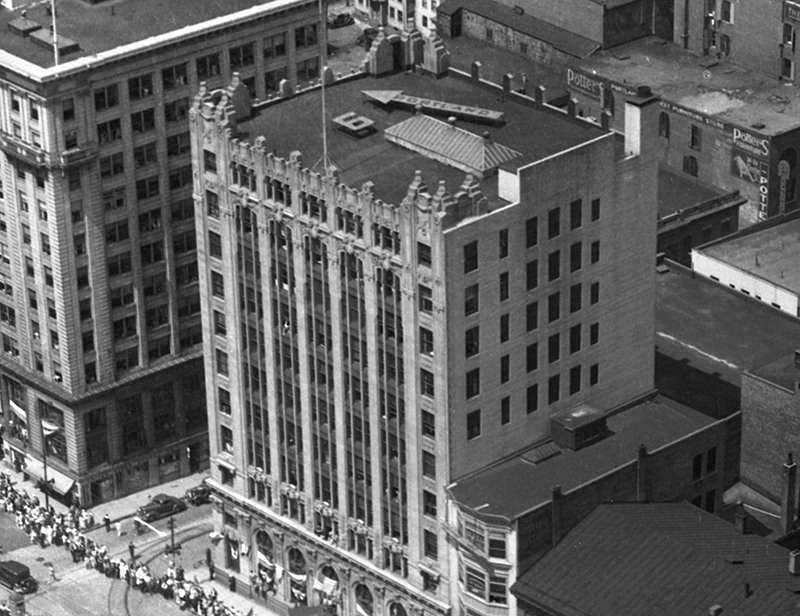
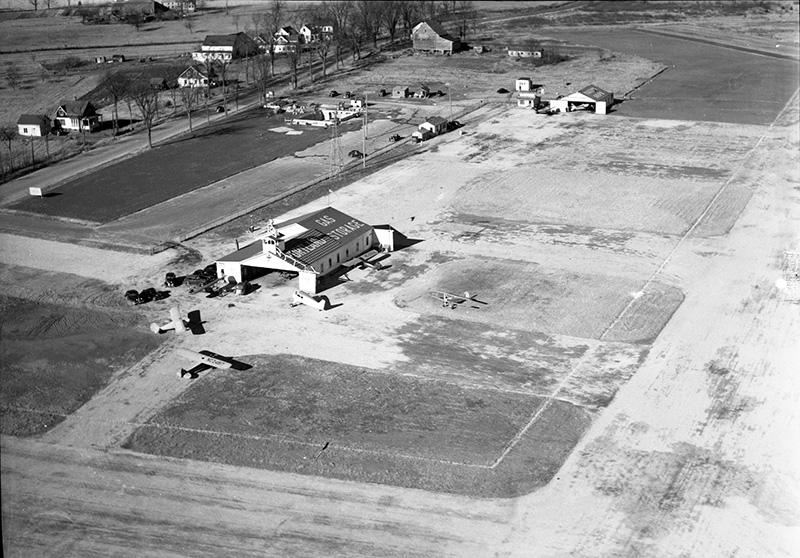
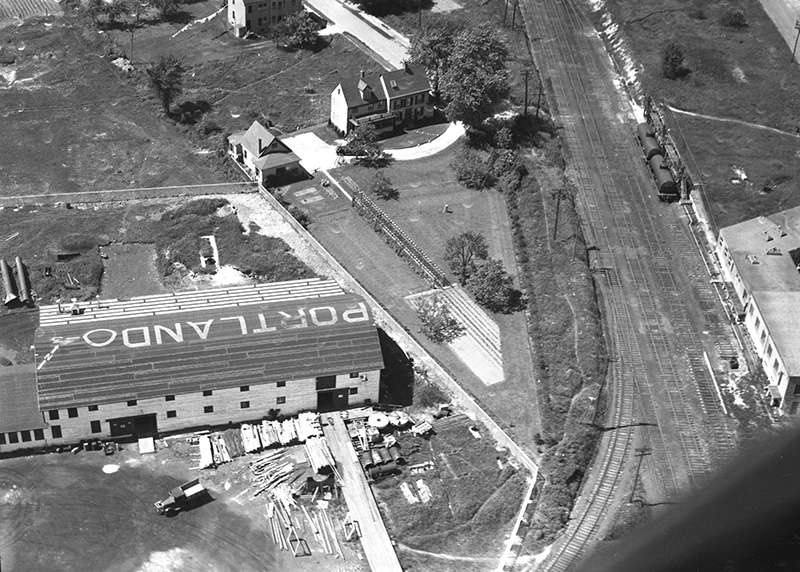
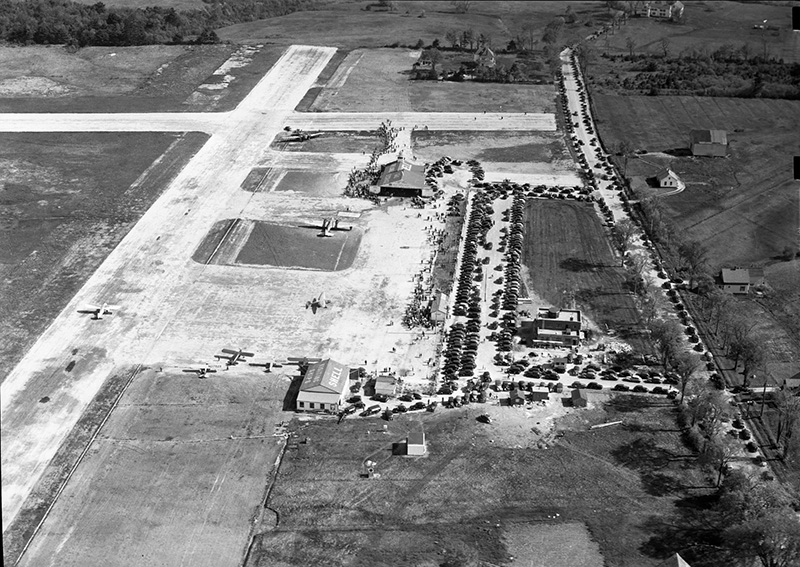
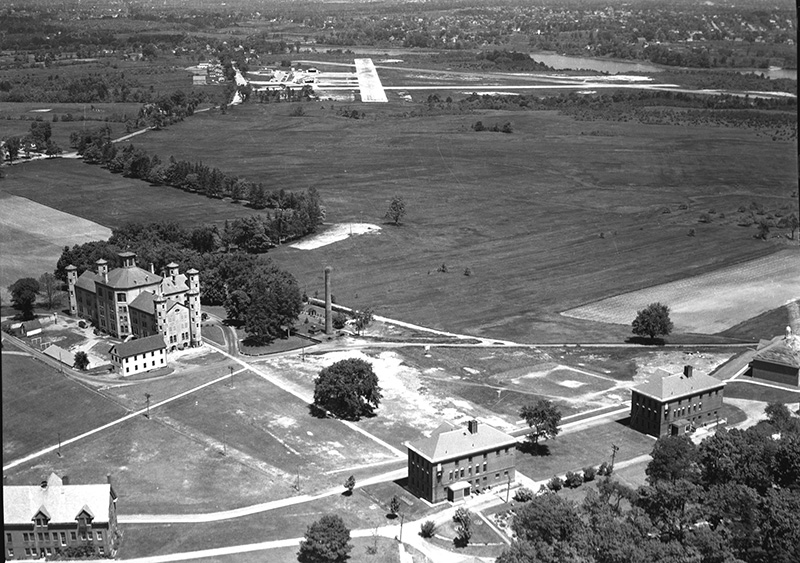
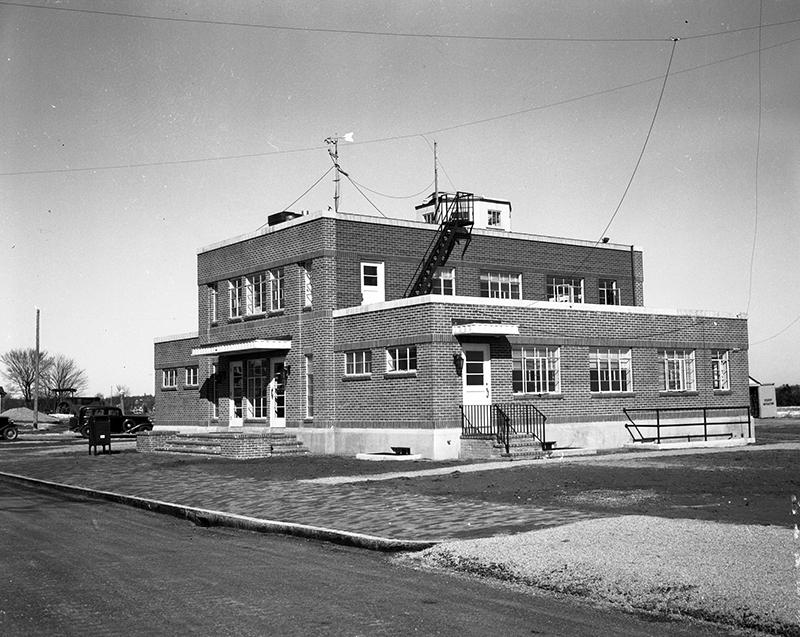
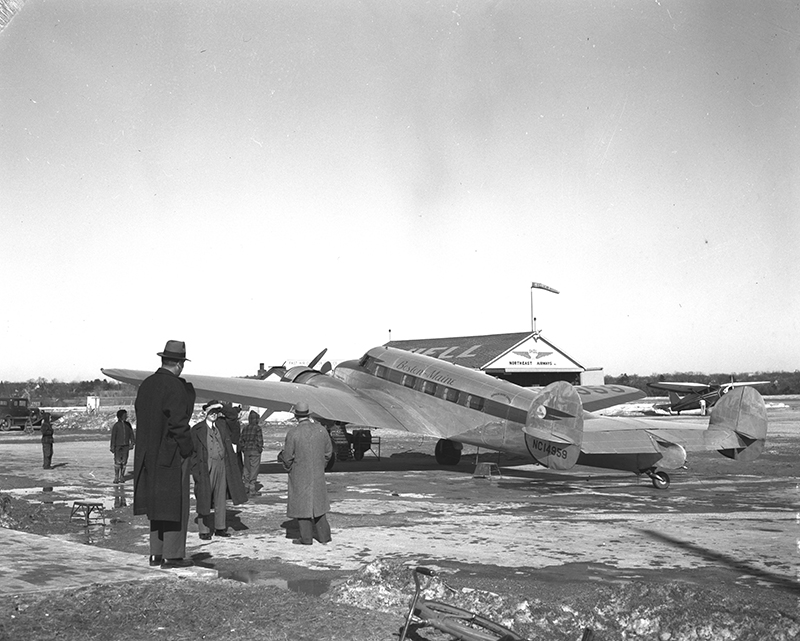
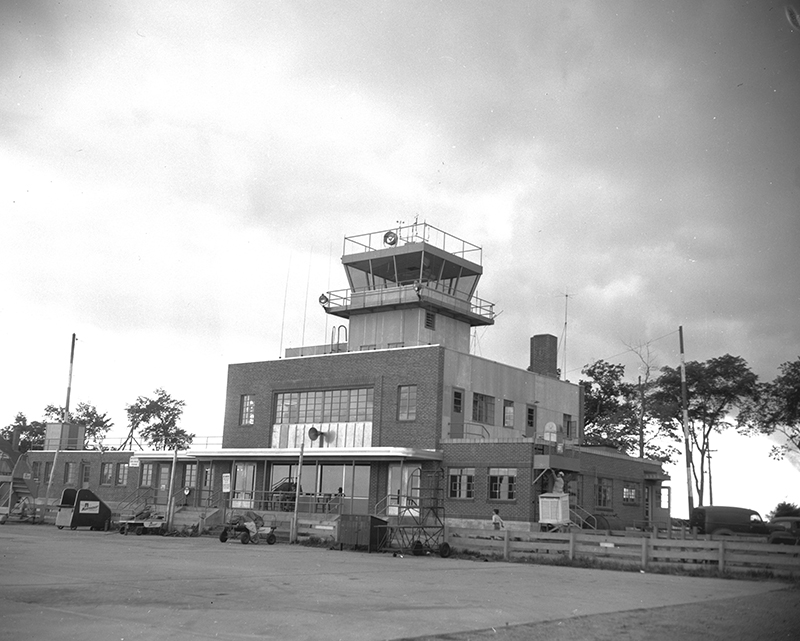
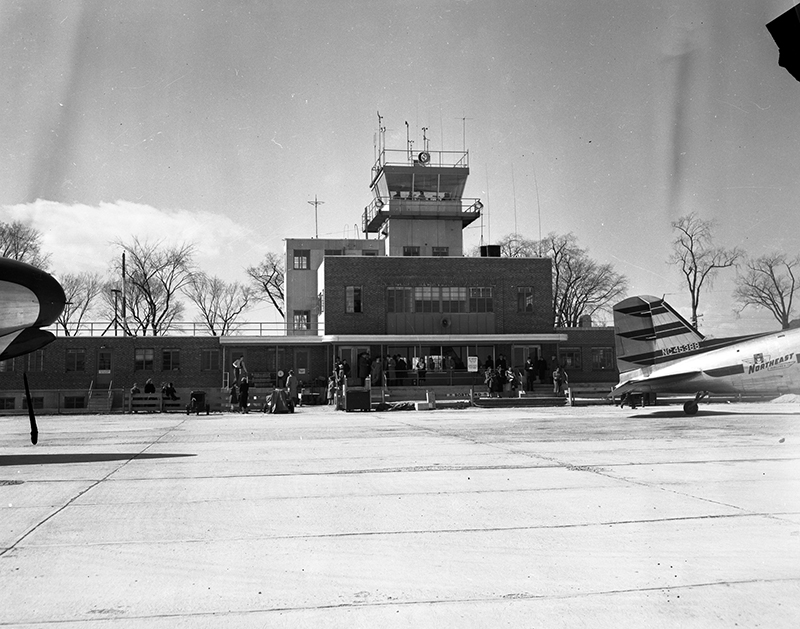
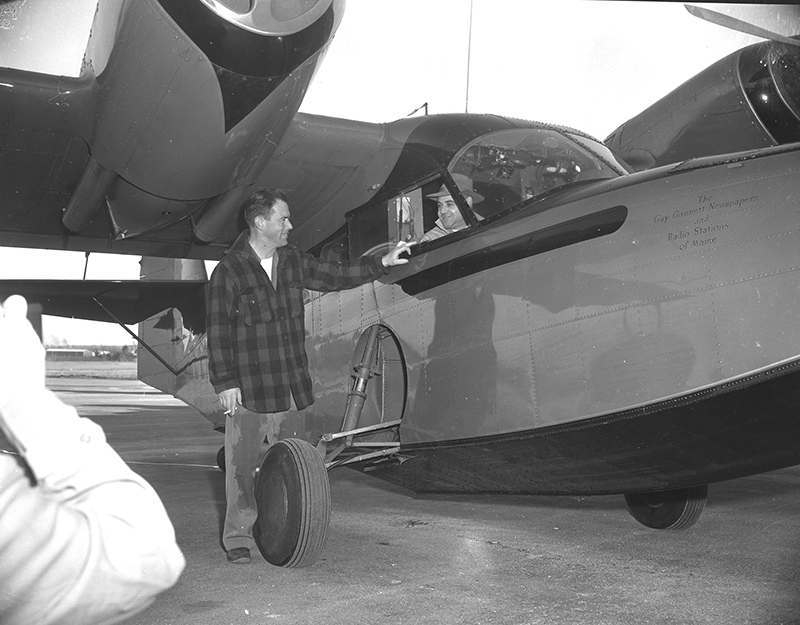
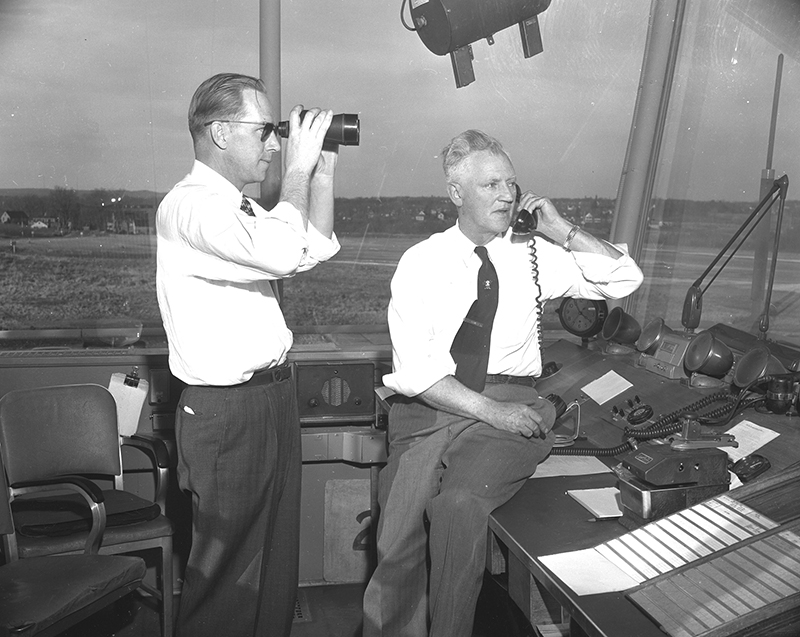
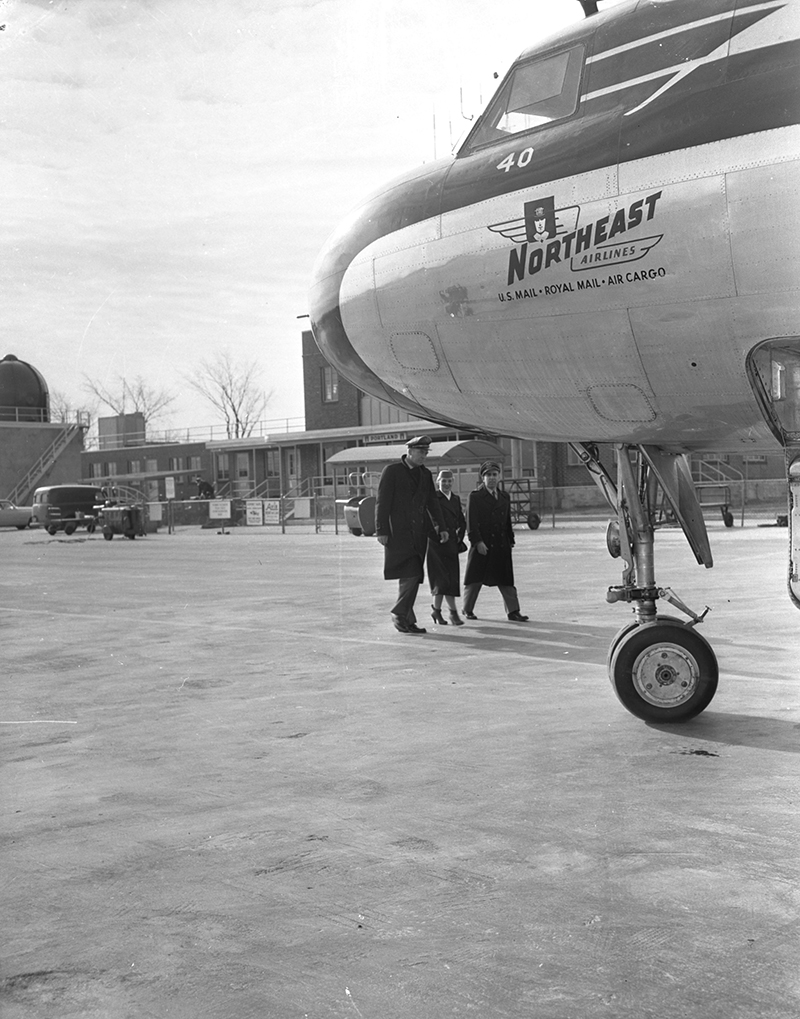
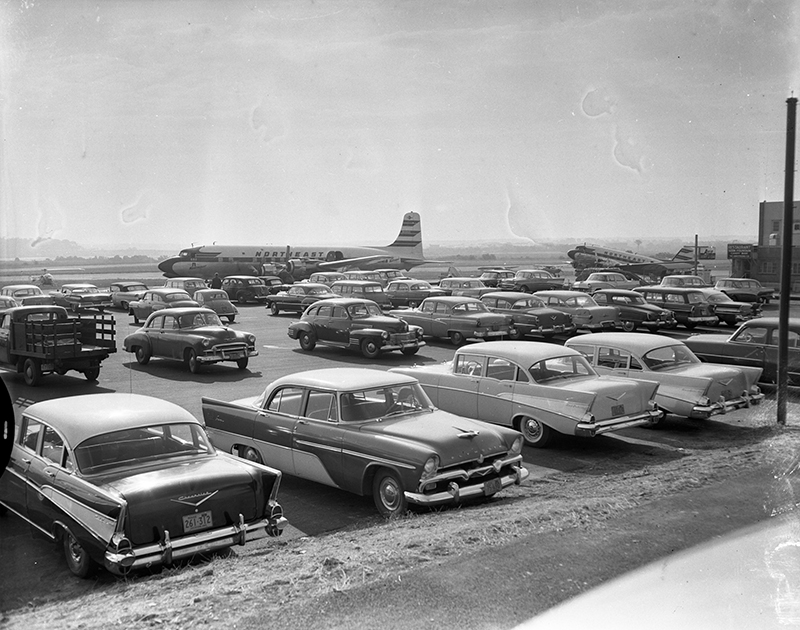

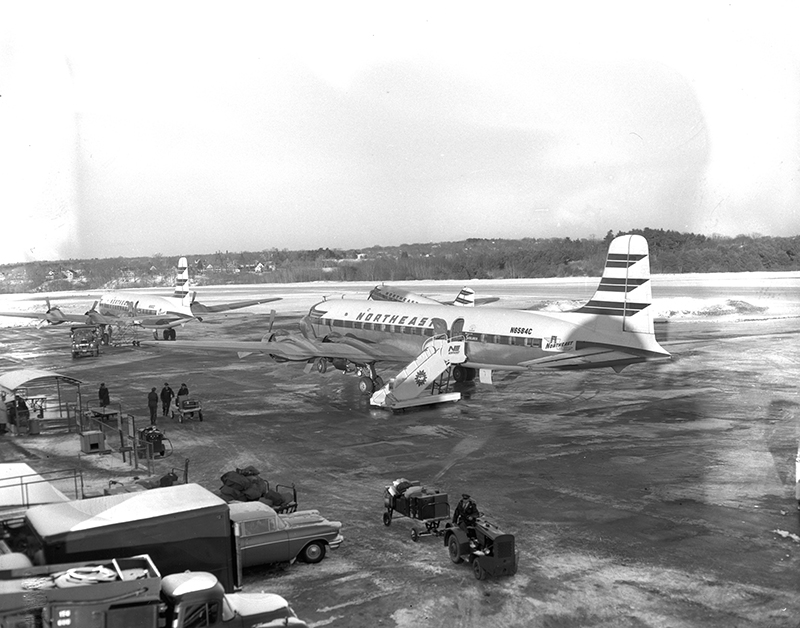
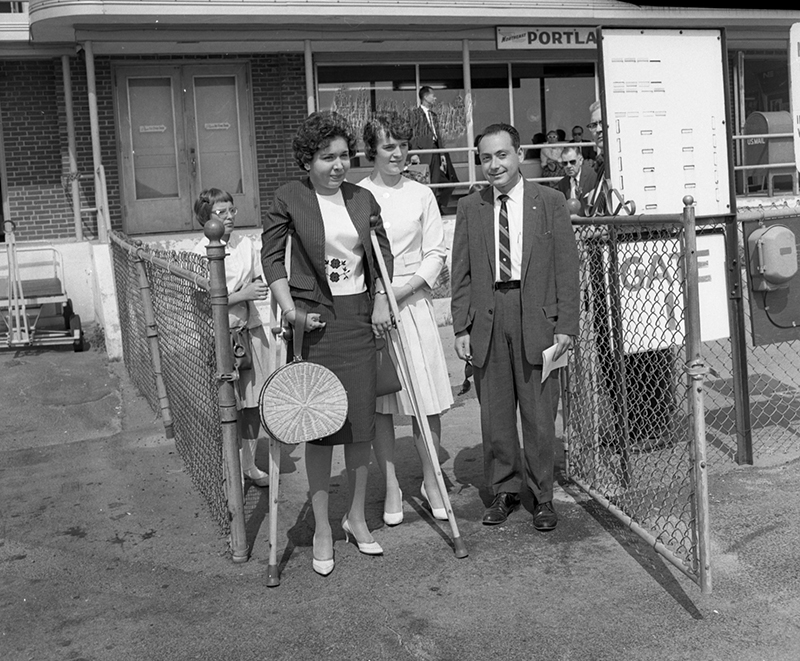
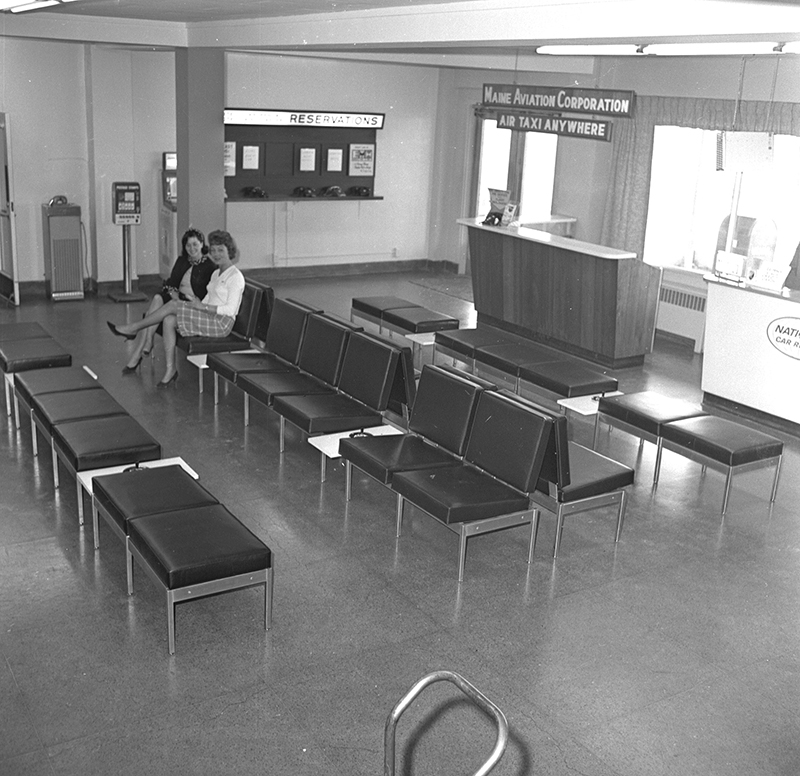
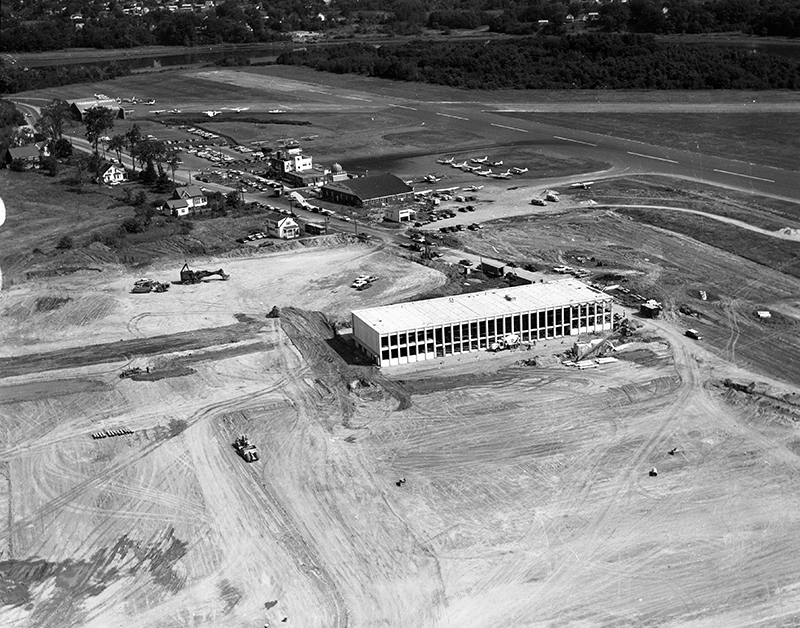

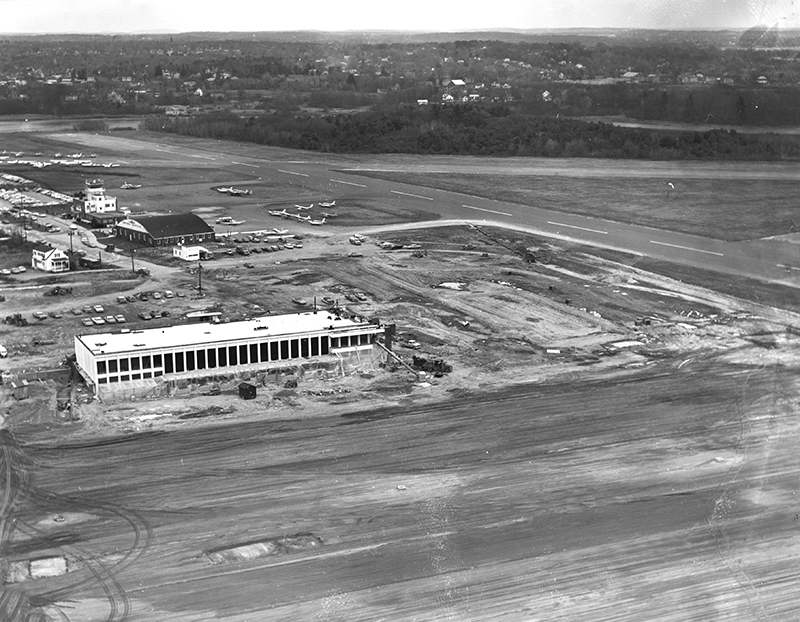

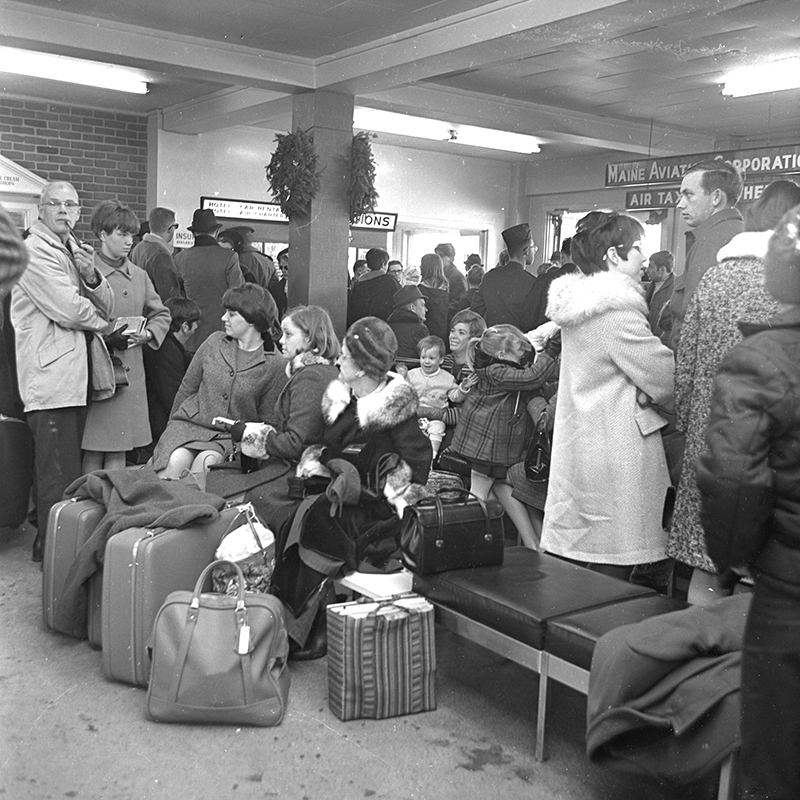

Comments are no longer available on this story